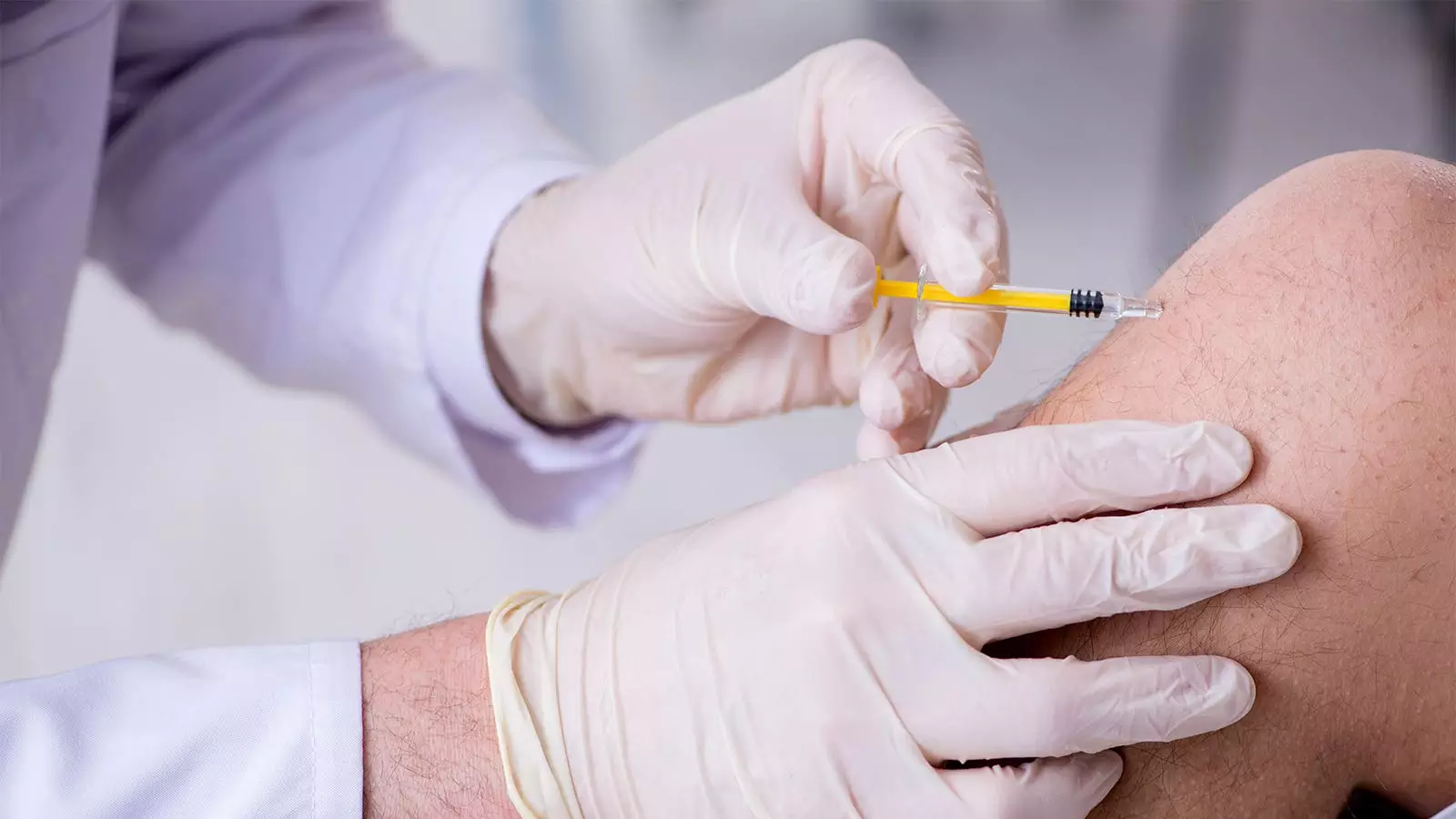The rise of difficult-to-treat Mycobacterium abscessus infections in patients receiving embryonic stem cell injections in Mexico in 2022 has brought attention to the potential risks associated with such treatments. The cases reported by researchers highlight the importance of understanding the dangers of unapproved stem cell therapies and the need for increased awareness among healthcare providers and public health agencies.
The cases of three patients developing M. abscessus infections after receiving donor embryonic stem cell injections for various conditions raise concerns about the safety and efficacy of stem cell treatments. Patients A, B, and C received injections in different locations in Mexico and developed infections that were difficult to treat. The fact that these patients acquired infections from clinics in different regions suggests a common infected source, possibly the product, reagents, or equipment used during the procedures.
M. abscessus, being intrinsically drug-resistant and rapidly growing, poses a challenge in treatment with conventional antibiotics. The symptoms associated with these infections, such as fever, chills, and muscle aches, can be debilitating for patients. The contamination of medications and medical products by M. abscessus further underscores the need for strict adherence to sterilization and safety protocols in healthcare settings.
The lack of FDA approval for stem cell interventions for arthritis or joint injuries raises questions about the regulatory oversight of such treatments. Clinics offering unproven stem cell therapies both within the U.S. and abroad target vulnerable patients seeking relief from chronic or incurable conditions. The Arthritis Foundation’s cautionary stance on stem cell injections highlights the importance of informed decision-making and skepticism towards advertised miracle cures.
The exploitation of patients through the promotion of unproven stem cell therapies under the guise of clinical trials is a concerning trend in the healthcare industry. Patients trusting in these interventions may unknowingly put themselves at risk of harm, as seen in the cases of the three patients with M. abscessus infections. Healthcare providers and regulatory bodies must prioritize patient safety and evidence-based practices to prevent such incidents.
Moving forward, it is crucial for researchers and healthcare professionals to conduct further investigations into the safety and efficacy of stem cell therapies. Whole-genome sequencing and ongoing monitoring of patients with stem cell-related infections can provide valuable insights into the spread and treatment of M. abscessus. Sharing information and collaborating on a global scale will be essential in addressing the challenges posed by unregulated stem cell treatments.
The cases of M. abscessus infections following stem cell injections highlight the complex issues surrounding unapproved medical procedures and the risks they pose to patients. By critically examining these cases and addressing the regulatory, ethical, and clinical implications, healthcare stakeholders can work towards improving the safety and quality of stem cell therapies. Awareness, education, and evidence-based practice are key to ensuring the well-being of patients seeking innovative treatments for their health conditions.



Leave a Reply